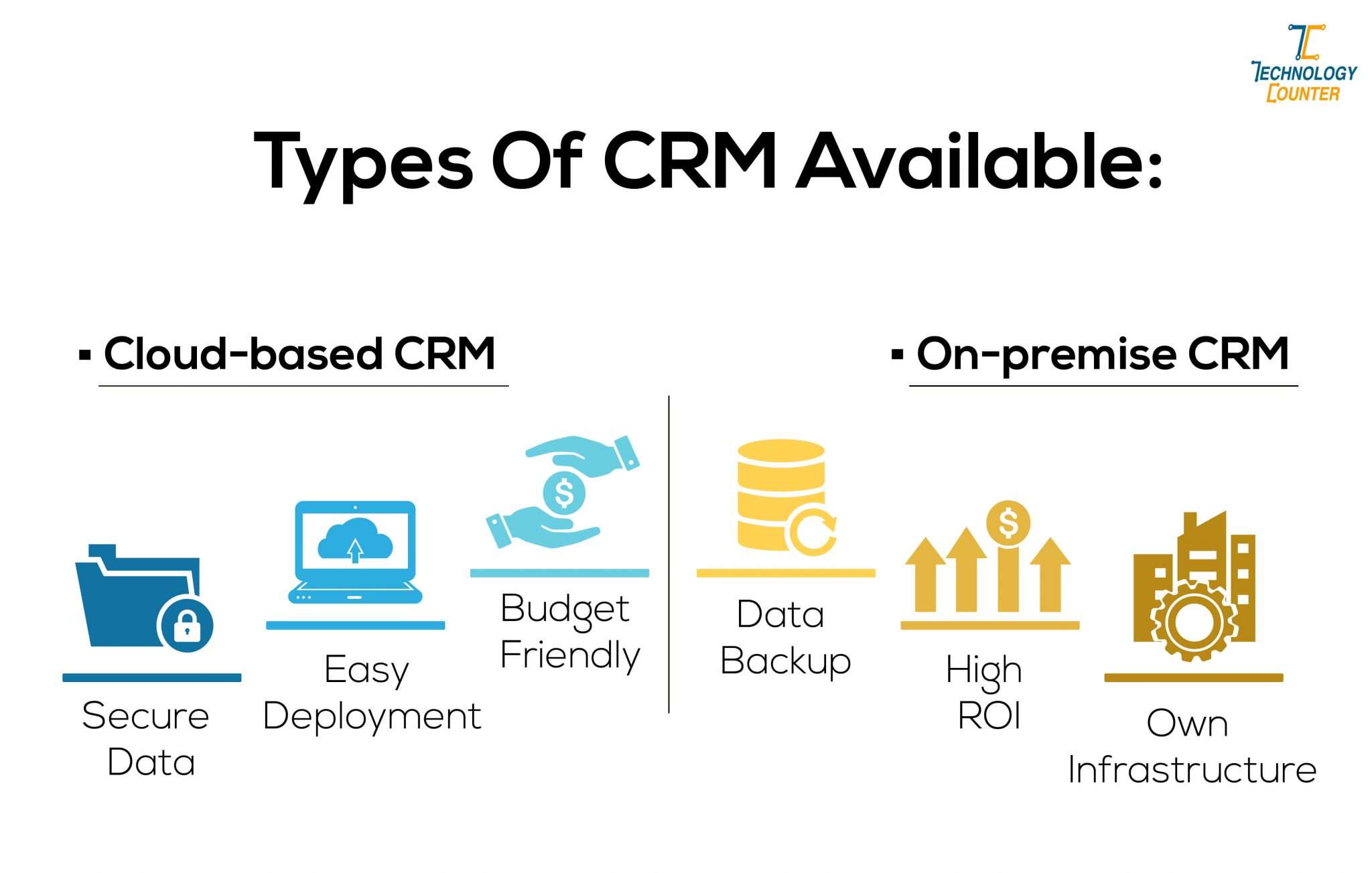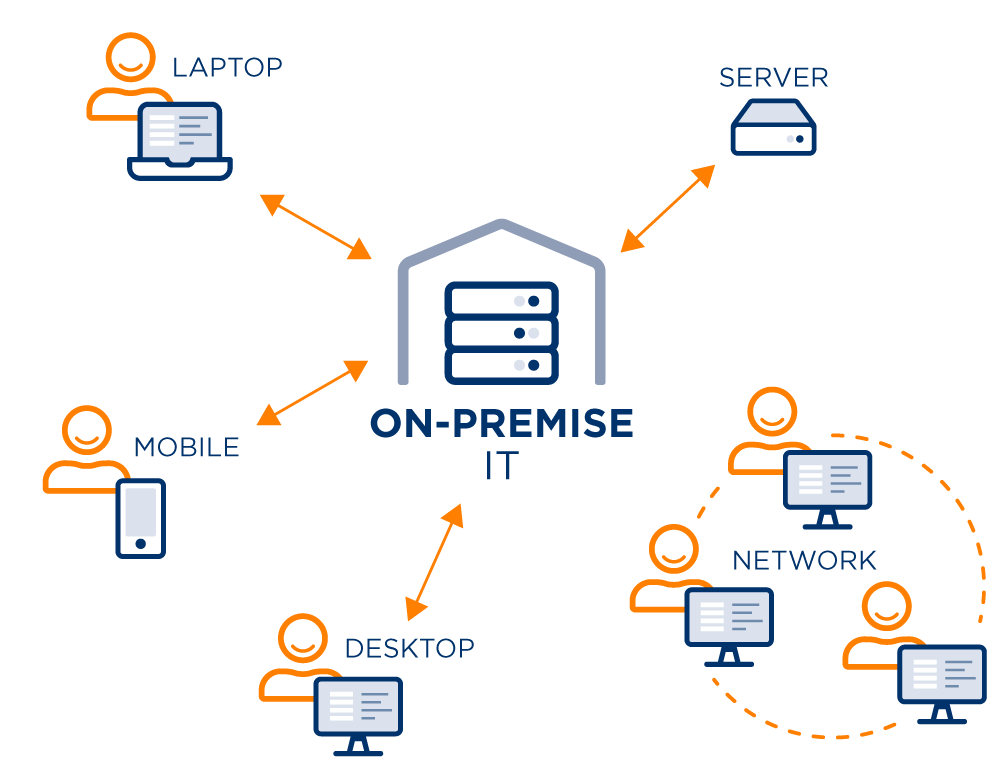How to Choose Between Cloud and On-Premise CRM: A Comprehensive Guide
How to Choose Between Cloud and On-Premise CRM: A Comprehensive Guide

How to Choose Between Cloud and On-Premise CRM: A Comprehensive Guide
In today’s fast-paced business world, Customer Relationship Management (CRM) systems have become an essential tool for companies of all sizes. CRM helps businesses manage their customer interactions, sales, and marketing efforts in a more efficient and organized way. However, with the advent of cloud computing, businesses are now faced with a dilemma: should they opt for a cloud-based CRM or an on-premise CRM? In this article, we’ll delve into the world of CRM and provide you with a comprehensive guide on how to choose between cloud and on-premise CRM.
What is CRM?
Before we dive into the details, let’s quickly define what CRM is. CRM stands for Customer Relationship Management, which refers to a system that helps businesses manage their customer interactions and relationships. A CRM system collects and analyzes customer data from various sources, such as social media, email, phone calls, and sales interactions. This data is then used to provide valuable insights that help businesses improve their customer service, sales, and marketing efforts.
Cloud CRM vs. On-Premise CRM
Now that we’ve defined CRM, let’s move on to the main topic: cloud CRM vs. on-premise CRM. Both options have their pros and cons, which we’ll discuss in detail below.
Cloud CRM
Cloud CRM is a type of CRM that’s hosted on remote servers, which are managed by a third-party provider. This means that your CRM data is stored and accessed online, rather than on your own servers. Cloud CRM is also known as SaaS (Software as a Service), which means that you pay a monthly or annual fee to use the software.
Pros of Cloud CRM:
- Scalability: Cloud CRM is highly scalable, which means that you can easily add or remove users as your business grows or shrinks.
- Cost-effective: Cloud CRM is often more cost-effective than on-premise CRM, as you don’t need to purchase and maintain hardware or software.
- Accessibility: Cloud CRM can be accessed from anywhere, on any device, as long as you have an internet connection.
- Automatic updates: Cloud CRM providers typically update the software automatically, which means that you’ll always have the latest features and security patches.
- Backup and disaster recovery: Cloud CRM providers typically offer automatic backup and disaster recovery, which means that your data is safe in case of an emergency.

Cons of Cloud CRM:
- Security concerns: Some businesses may be concerned about the security of their data in the cloud, as it’s stored on third-party servers.
- Internet dependency: Cloud CRM requires a stable internet connection, which can be a problem if your internet connection is slow or unreliable.
- Customization limitations: Cloud CRM may have limitations on customization, as you’re using a standardized platform.
On-Premise CRM
On-premise CRM is a type of CRM that’s hosted on your own servers, which are managed by your own IT team. This means that your CRM data is stored and accessed on-site, rather than online.
Pros of On-Premise CRM:
- Security: On-premise CRM provides complete control over your data security, as it’s stored on your own servers.
- Customization: On-premise CRM can be customized to meet your specific business needs.
- No internet dependency: On-premise CRM doesn’t require a stable internet connection, as it’s accessed on-site.
- Total control: On-premise CRM provides complete control over your CRM system, which can be beneficial for businesses with complex workflows.
Cons of On-Premise CRM:
- Higher costs: On-premise CRM requires a significant upfront investment in hardware and software, as well as ongoing maintenance and support costs.
- Limited scalability: On-premise CRM can be difficult to scale, as you’ll need to purchase additional hardware and software to support growth.
- Maintenance and support: On-premise CRM requires regular maintenance and support, which can be time-consuming and expensive.
How to Choose Between Cloud and On-Premise CRM
Now that we’ve discussed the pros and cons of cloud CRM and on-premise CRM, it’s time to make a decision. Here are some factors to consider:
- Business size: Cloud CRM is often more suitable for small to medium-sized businesses, while on-premise CRM is often better suited for larger businesses with complex workflows.
- Budget: Cloud CRM is often more cost-effective than on-premise CRM, especially for businesses with limited IT resources.
- Scalability: If you expect your business to grow rapidly, cloud CRM may be a better choice, as it’s highly scalable.
- Security: If security is a top concern for your business, on-premise CRM may be a better choice, as you have complete control over your data security.
- Customization: If you need a high degree of customization, on-premise CRM may be a better choice, as you can customize the system to meet your specific business needs.
Tips for Choosing a CRM Provider
Once you’ve decided between cloud CRM and on-premise CRM, it’s time to choose a CRM provider. Here are some tips to keep in mind:
- Research: Research different CRM providers to find the one that best meets your business needs.
- Read reviews: Read reviews from other customers to get a sense of the provider’s reputation and customer service.
- Ask questions: Ask questions about the provider’s security, customization options, and scalability.
- Test it out: Test out the CRM system before committing to a purchase.
- Support: Make sure the provider offers adequate support and training to help you get the most out of the system.
In conclusion, choosing between cloud CRM and on-premise CRM depends on your business needs and goals. Cloud CRM is often more cost-effective and scalable, while on-premise CRM provides complete control over your data security and customization. By considering factors such as business size, budget, scalability, security, and customization, you can make an informed decision about which CRM option is best for your business.
